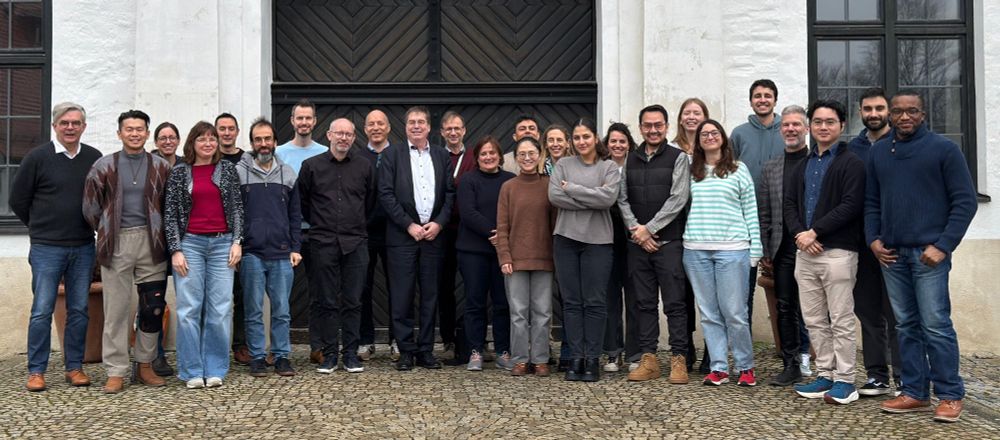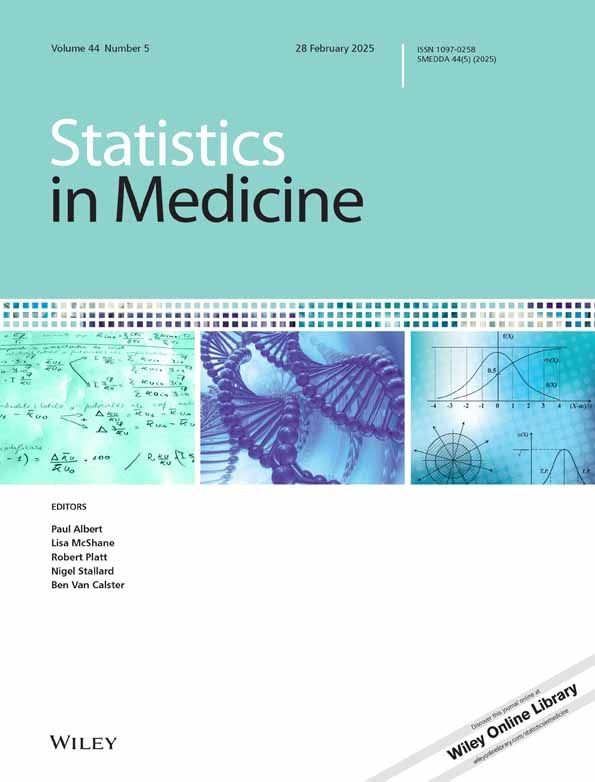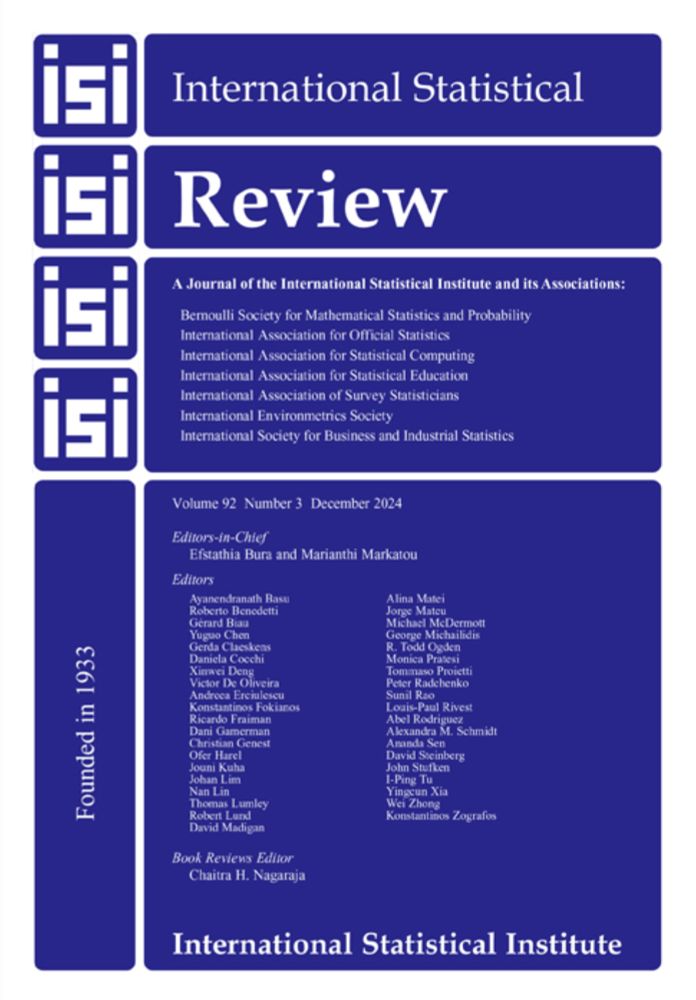
Bottom line: “If looking for reliable models, don’t hold your breath.”
Bottom line: “If looking for reliable models, don’t hold your breath.”
The first lnkd.in/eKmjiQdk
looks at median stratification for a single covariate.
The second lnkd.in/e3DH96G8
considers adjustment for many covariates.
Variance inflation factors are key.
The first lnkd.in/eKmjiQdk
looks at median stratification for a single covariate.
The second lnkd.in/e3DH96G8
considers adjustment for many covariates.
Variance inflation factors are key.
We're a European research network dedicated to enhancing clinical trial data sharing to advance medical research and the betterment of society.
Learn more: share-ctd.eu
#SHARECTD #OpenScience #DataSharing

We're a European research network dedicated to enhancing clinical trial data sharing to advance medical research and the betterment of society.
Learn more: share-ctd.eu
#SHARECTD #OpenScience #DataSharing




We thank Robin Ristl and @timpmorris.bsky.social for helpful comments.
We thank Robin Ristl and @timpmorris.bsky.social for helpful comments.
#MethodologyMonday #112
#MethodologyMonday #112
Our paper "A Comparison of Statistical Methods for Time-To-Event Analyses in Randomized Controlled Trials Under Non-Proportional Hazards" got published today 🎉
We describe commonly used methods, and compare their performance in a simulation study across different scenarios.

Our paper "A Comparison of Statistical Methods for Time-To-Event Analyses in Randomized Controlled Trials Under Non-Proportional Hazards" got published today 🎉
We describe commonly used methods, and compare their performance in a simulation study across different scenarios.



doi.org/10.1111/insr...

doi.org/10.1111/insr...
Dr. Jack Gallifant

Dr. Jack Gallifant


Ever wondered how to target sample size to improve model fairness and precision of risk estimates?
Check out our new pre-print & software package pmstabilityss
arxiv.org/abs/2407.09293

Ever wondered how to target sample size to improve model fairness and precision of risk estimates?
Check out our new pre-print & software package pmstabilityss
arxiv.org/abs/2407.09293
Implements the (in)stability plots and checks recommended by myself & @gscollins.bsky.social after developing a prediction model
Our paper is here: onlinelibrary.wiley.com/doi/full/10....
Implements the (in)stability plots and checks recommended by myself & @gscollins.bsky.social after developing a prediction model
Our paper is here: onlinelibrary.wiley.com/doi/full/10....
And, only here, you can have a sneak preview of our new journal and website design.
But of course, our contents remains key, with many thanks to our authors, reviewers, editorial board and editorial team
And, only here, you can have a sneak preview of our new journal and website design.
But of course, our contents remains key, with many thanks to our authors, reviewers, editorial board and editorial team
Since then, the BBC have shown brand new episodes on Christmas Day! Including this year!
Who said my research has no impact? ❤️❤️ #DoctorWho
www.bmj.com/content/383/...

Since then, the BBC have shown brand new episodes on Christmas Day! Including this year!
Who said my research has no impact? ❤️❤️ #DoctorWho
www.bmj.com/content/383/...
NEW VIDEO:
"IPD Meta-Analysis: Two-stage or Not Two-Stage?
That is the question..."
youtu.be/WFSAfouhB-8
- guidance for when to choose a one-stage rather than a two-stage approach, & vice versa.
- ideas showcased using real examples (no equations)
I hope useful!

NEW VIDEO:
"IPD Meta-Analysis: Two-stage or Not Two-Stage?
That is the question..."
youtu.be/WFSAfouhB-8
- guidance for when to choose a one-stage rather than a two-stage approach, & vice versa.
- ideas showcased using real examples (no equations)
I hope useful!
www.youtube.com/watch?v=GRjR...

www.youtube.com/watch?v=GRjR...
‘Efficiency of nonparametric superiority tests based on restricted mean survival time versus the log-rank test under proportional hazards’
Short thread 👇
1/
arxiv.org/abs/2412.06442

‘Efficiency of nonparametric superiority tests based on restricted mean survival time versus the log-rank test under proportional hazards’
Short thread 👇
1/
arxiv.org/abs/2412.06442


